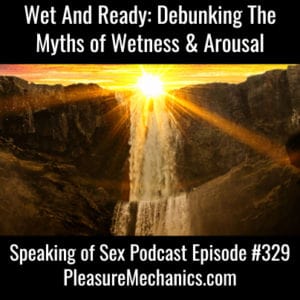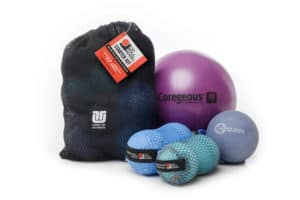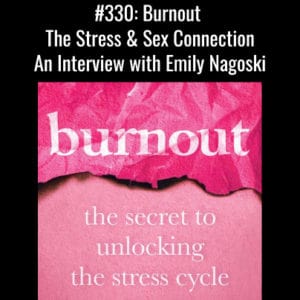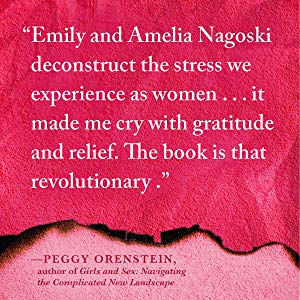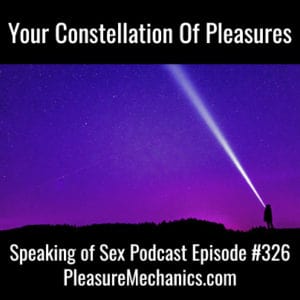Ready to curate an Instagram feed that nourishes you and reminds you of the glory of your human body? Here are some of our favorite Instagram accounts to follow! Have others you love? Follow us on Instagram and send us posts, we love hearing from you in our DMs!
As you scroll this page, notice what it feels like to scroll through a collection of images created by people who are living in their bodies without apology. Does this feel familiar or new? Easy or challenging?
Fill your social media feeds with people who make you feel excited to be alive! Unfollow and unfriend accounts that shame you or make you feel lesser than. Notice what it feels like to engage with the app as you make this change!
Get permission to express yourself more fully and wonder what YOUR version of body expression would be without all the “shoulds”
